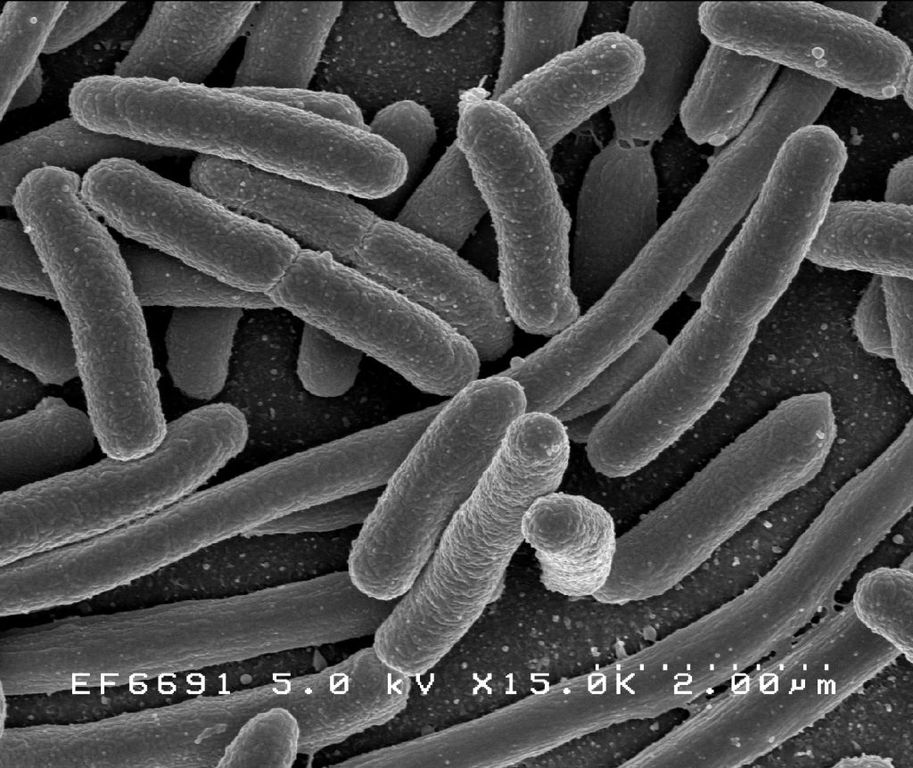Highlights
The literature describing the differences in microbiota features between individuals with cancer and matched controls has undergone dramatic recent expansion. Mechanistic models for how microbes promote cancer formation and progression are being developed and experimentally tested.
Microbes have been implicated in mutational mechanisms namely in the formation of DNA damage. These mechanisms include the production of crosslinking genotoxic colibactin by Escherichia coli or ectopic expression of activation-induced cytidine caused by Helicobacter pylori infection.
Developments in bioinformatics have allowed for the elucidation of the mutational mechanisms that act upon the cancer genome through oncogenesis, particularly by identifying mutational signatures.
Elucidation of microbe-associated mechanisms will allow for a more complete understanding of the forces behind the etiology of the cancer genome.
Cancers arise through the process of somatic evolution fueled by the inception of somatic mutations. We lack a complete understanding of the sources of these somatic mutations.
Humans host a vast repertoire of microbes collectively known as the microbiota. The microbiota plays a role in altering the tumor microenvironment and proliferation. In addition, microbes have been shown to elicit DNA damage which provides the driver for somatic mutations. An understanding of microbiota-driven mutational mechanisms would contribute to a more complete understanding of the origins of the cancer genome. Here, we review the modes by which microbes stimulate DNA damage and the effect of these phenomena upon the cancer genomic architecture, specifically in the form of mutational spectra and mutational signatures.







